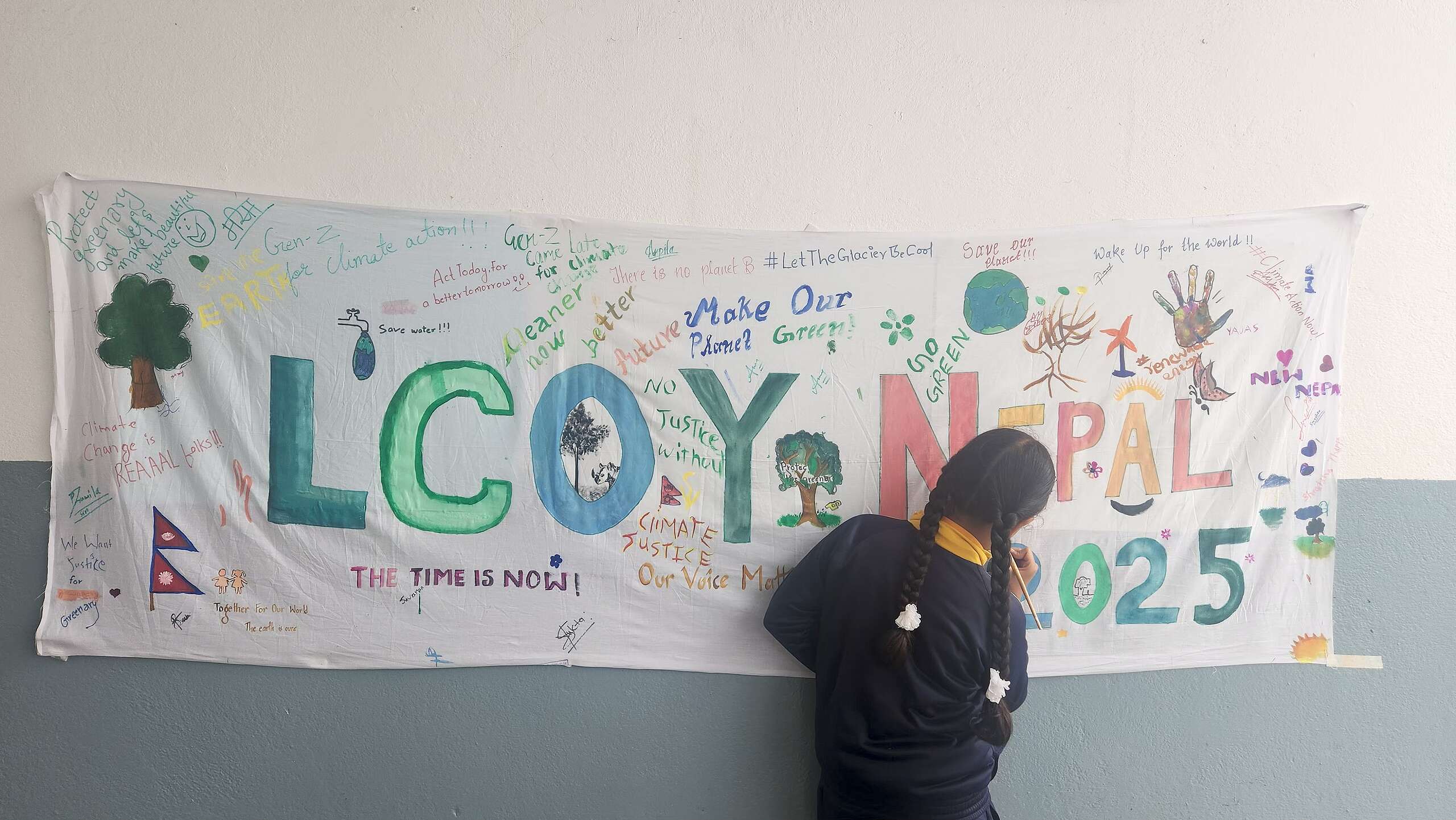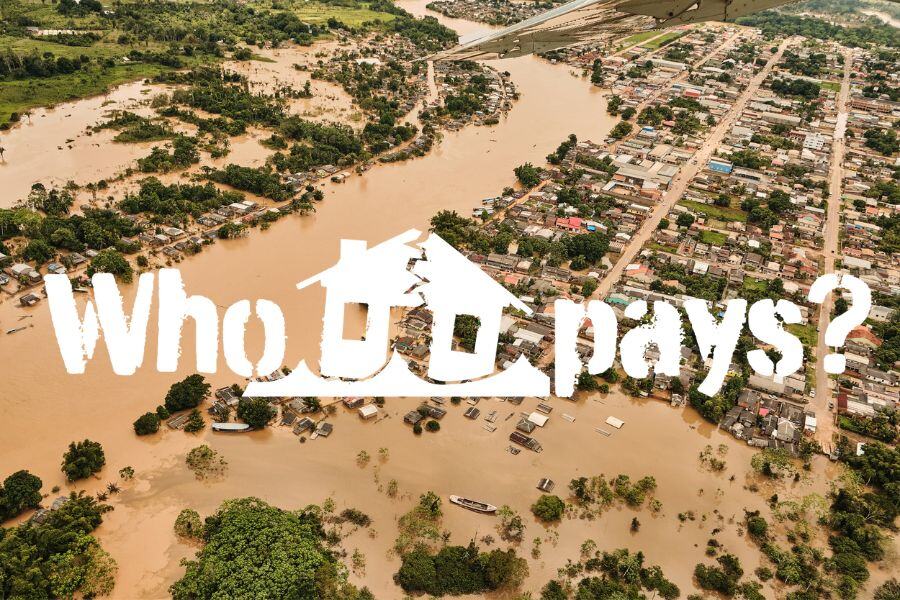Dhaka’s informal workforce is on the frontlines of a climate and labour justice crisis. Rising heat, driven by climate change, unplanned urbanisation, and shrinking green spaces, is threatening health, livelihoods, and human dignity. Women, garment workers, rickshaw pullers, and other outdoor workers face unsafe conditions, lost income, and serious health risks. This new policy-responsive issue brief from Greenpeace South Asia calls for urgent, equity-centred action: heat-adaptive workplaces, gender-responsive infrastructure, and strengthened climate-labour protections to safeguard livelihoods and human rights.
Related Posts
-

Youth Unite for Climate Action at LCOY 2025 in Kathmandu
Kathmandu, Nepal – November 2, 2025: The Local Conference of Youth (LCOY) 2025 wrapped up in Kathmandu this weekend, bringing together 115 young climate enthusiasts. The two-day event, held on…
-

Who pays for the damage from extreme weather?
Most of us can agree that it is not fair for those least responsible to pay the biggest price; but the reality is that the biggest polluters are currently paying…
-

Witness 1.25
2025 began with reminders that the climate crisis is not distant—it is here, and deeply personal. Yet in the face of polluted skies, rising heat, and erratic rains, people are…
